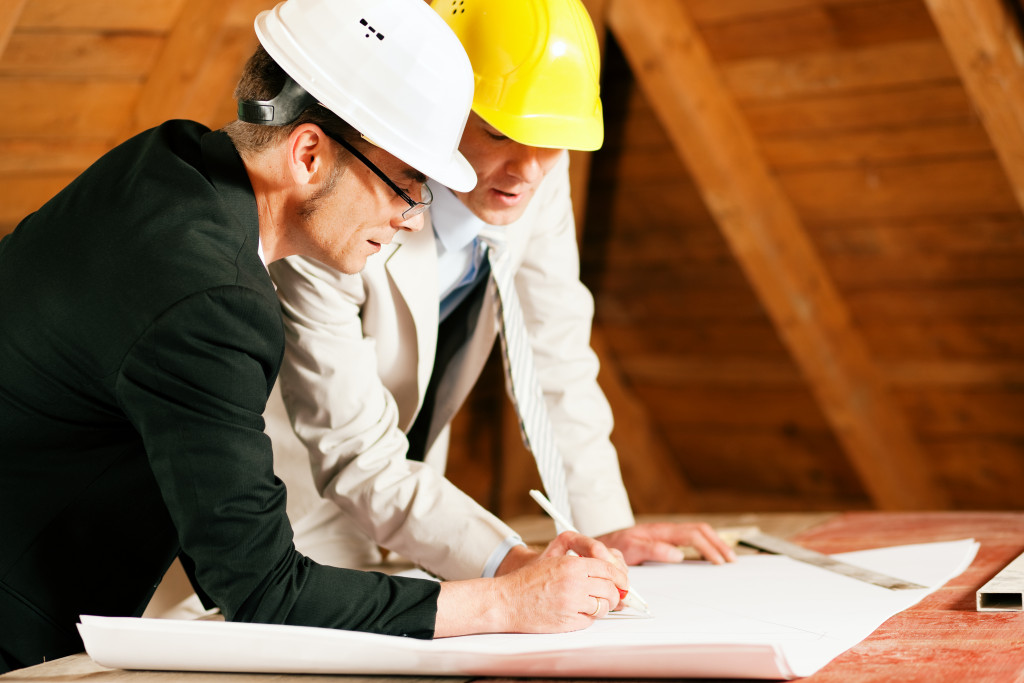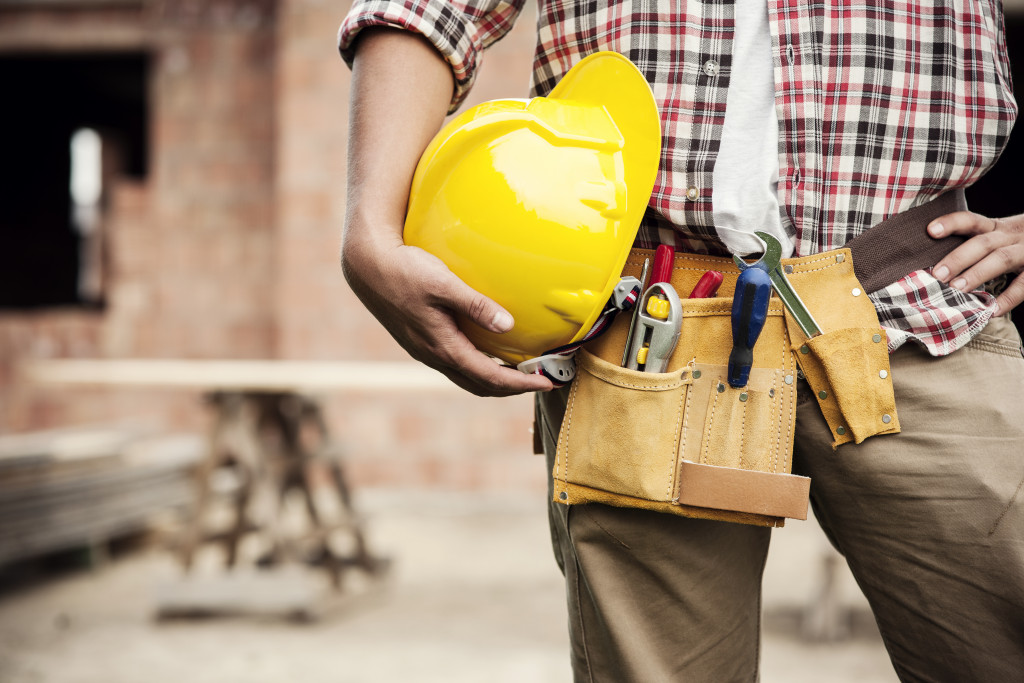Home construction is an essential process for homeowners. It allows them to create a space customized to their needs and wants. Not only that, but home construction can also be a financial investment. According to the National Association of Home Builders, the average new home in the United States costs $368,900. That’s a lot of money! However, home construction has many benefits that can outweigh the cost.
One of the main benefits of home construction is that it can increase the value of your home. The National Association of Realtors found that the average return on investment for a remodeled home was around 80%. Furthermore, home construction can also provide homeowners with a place to call their own. It allows them to build memories with their family and friends and gives them a sense of stability.
Not only that, but home construction can also be a great way to invest your money. By building a new home, you are essentially creating a new asset. And, as we all know, assets are essential in retirement planning. In fact, according to Forbes, home values have increased at an average rate of 4.2% per year since 1975. If you were to build a new home today, its value would likely increase.
There are many benefits to home construction. However, preparation will be critical for a successful project. Here are a few things to remember before starting your home construction project.
Budgeting
Your fund is one of the most important aspects of home construction. Before starting your project, you will need to establish a budget. This budget should include the cost of materials, labor, permits, and any other associated costs. In addition, you will also need to factor in a contingency fund. This fund will be used in case of any unforeseen expenses.
However, there will be plenty of ways to save money during home construction. For example, you could use recycled materials or purchase materials in bulk. You could also negotiate with contractors to get a lower rate.
The most important thing is to establish a budget and stick to it. By doing so, you can avoid any financial surprises down the road.
Finding a Reputable Contractor

A home construction project is a huge undertaking. Not only will it be expensive, but it will also be time-consuming. Because of this, you will want to ensure that you find a reputable contractor.
There are many ways to find a reputable contractor. You could ask for recommendations from family and friends. You could also read online reviews or check with the Better Business Bureau. Furthermore, it would help if you always got multiple bids before selecting a contractor. This will ensure that you are getting the best possible price.
When selecting a contractor, you will also want to ensure that they are licensed and insured. This will protect you in case of any accidents or damages during construction.
Get Everything in Writing
Once you select a contractor, you will want everything in writing. This contract should include the scope of work, timeline, payment schedule, and other relevant details. By getting everything in writing, you can avoid any miscommunication or misunderstandings down the road.
In addition, you will also want to make sure that your contractor is familiar with the building code in your area. This code establishes the minimum standards for construction. By ensuring that your contractor is familiar with this code, you can rest assured that your home will be up to par.
If you don’t know what to do, you can hire a construction attorney to help you. The professional can review the contract and ensure everything is in order.
Pulling Permits
Depending on the scope of your project, you may need to pull permits. These permits are typically required for any construction that involves electrical, plumbing, or structural work.
You can obtain permits from your local building department. In most cases, you will need to submit a set of plans and your application. Once the application is approved, you can pick up your permit.
It’s important to note that pulling permits can be a time-consuming process. As such, you will want to factor this into your timeline. Otherwise, you could end up delaying your project. There will also be fees associated with pulling permits. These fees will vary depending on your location and project scope. If you’re unsure how much the costs will be, you can always ask your contractor.
Final Thoughts
Starting a home construction project can be daunting. However, it can go off without a hitch if you remain prepared. By following the tips above, you can set yourself up for success.
Once you have your budget and your contractor selected, you’re ready to start construction. Just remember to get everything in writing and pull the necessary permits. If you do these things, you can sit back and relax as your dream home comes to life.
